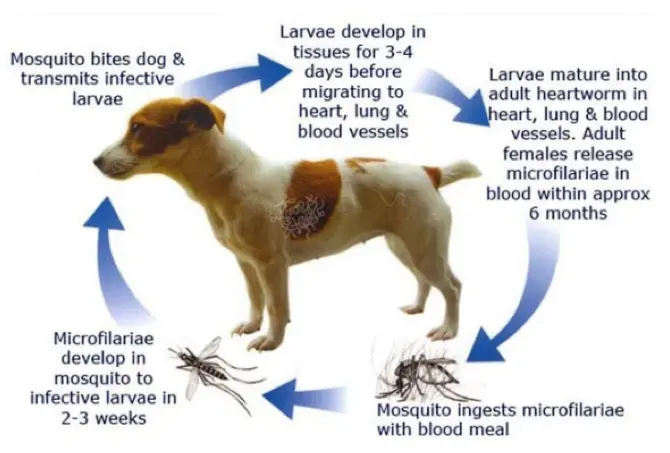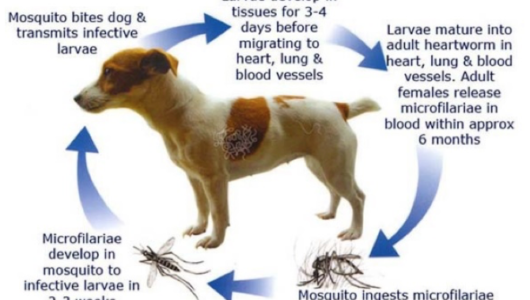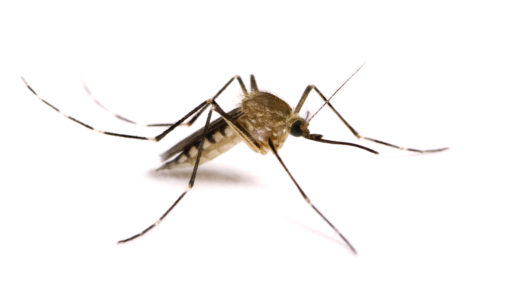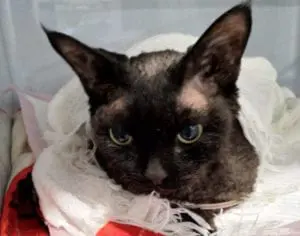[vc_row css_animation=”” row_type=”row” use_row_as_full_screen_section=”no” type=”full_width” angled_section=”no” text_align=”left” background_image_as_pattern=”without_pattern”][vc_column][vc_column_text]Written by: WVS Veterinary Nurse, Emily Bateman [/vc_column_text][vc_separator type=”transparent” up=”30″][vc_column_text]When you are bitten by a mosquito, your skin will form a red bump that becomes extremely itchy. But did you know that a mosquito bite can make you really sick, and in severe cases can cause death? Mosquitoes can carry diseases that may be passed on to people through their bites, known as ‘vector- borne’ diseases. In Australia, some of these include Dengue virus, Ross River virus, Murray Valley encephalitis virus and Barmah Forest virus. The nasty mosquito can also make your pet really sick too. Some mosquitoes can carry a parasite called the Dirofilaria immitis Heartworm.[/vc_column_text][vc_separator type=”transparent” up=”30″][vc_column_text]
HOW IS HEARTWORM SPREAD?
When an infected mosquito bites your dog, it can pass on the heartworm larvae. The larvae can then move through the dog’s tissues and blood system, eventually reaching the heart and lungs. This is where the adult worms live, grow and reproduce. There have been cases of heartworms growing up to 30cm long and 2cm thick![/vc_column_text][vc_separator type=”transparent” up=”30″][vc_column_text]
WHAT ARE THE SYMPTOMS OF HEARTWORM?
If your dog exhibits the following symptoms, they may have the heartworm parasite:
- Dry and persistent cough
- Lethargy and lack of stamina when exercising
- Weight loss
- Distressed breathing
- A distended abdomen
- Collapse
- Death
It is important to understand that the heartworm disease progresses slowly. When an infected dog starts to show symptoms, they could already be heavily infected with heartworms. This is why early diagnosis and prevention is vital.[/vc_column_text][vc_separator type=”transparent” up=”30″][vc_column_text]
HOW CAN YOU PREVENT HEARTWORM?
There are many products available for heartworm prevention. The simplest preventative is called the Proheart injection. It is given by your vet once every year often with the vaccination. It is a very convenient method as you don’t have to worry about pilling your dog with a tablet or forgetting a dosage. Tablets and spot-on treatments are available that are administered monthly.
A simple blood test can determine whether your dog has the heartworm disease. Before starting heartworm prevention, your dog should be tested.[/vc_column_text][vc_separator type=”transparent” up=”30″][vc_column_text]
WHEN CAN YOU START HEARTWORM PREVENTION?
Puppies can begin heartworm prevention of the Proheart injection at 12 weeks old. The injection will reach back 3 months to the time your pup was born.
The Proheart injection schedule is:
- 1st injection at 12 weeks of age
- 2nd injection at 6 months of age
- 3rd injection at 15 months usually with booster vaccination
- Continue annually
[/vc_column_text][vc_separator type=”transparent” up=”30″][vc_column_text]
HOW CAN YOU PREVENT MOSQUITOES IN YOUR HOME?
Mosquitoes begin their lives under water. Females will lay their eggs in any standing pool of water that they can find. This is where you can help reduce mosquito breeding areas around your home. Please follow these tips:
- Remove, cover or turnover anything where water can collect such as unused pots, tyres, trailers, wheelbarrows, bins, buckets, boats, tools and children’s playground toys to avoid water collection.
- Keep gutters and drains clean so water runs freely.
- Change pet drinking bowls, bird baths and vase waters at least once a week, and more regularly in very warm weather.
- Empty your unused bird baths.
- Keep swimming pools well maintained, or securely covered or empty if not in use.
- Keep fish ponds tidy with minimal vegetation around the edges.
- Keep lawns and gardens trimmed back, especially fallen palm fronds.
- Fill pot plant bases with sand so there’s no free water.
- Check screens and seals on rainwater tanks so they cannot leak.
[/vc_column_text][vc_separator type=”transparent” up=”30″]
[/vc_column][/vc_row]





